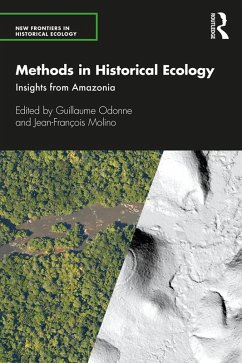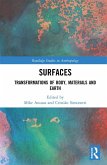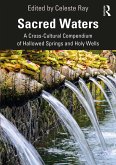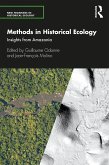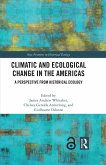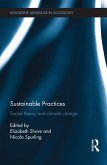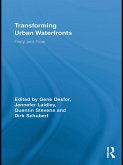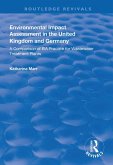This book presents some of the most recent tools, methods and concepts in historical ecology. It introduces students and researchers to state-of-the-art techniques and showcases a wide array of methods dedicated to understanding the history of tropical landscapes. The chapters cover the detection and characterisation of archaeological features, living organisms as witnesses of past human activities, ethnoecological knowledge of ancient anthropogenic landscapes and societal impacts of historical ecology. Whilst mainly based on Amazonian experiences, the contributions aim to strengthen synergies between disciplines and to propose solutions that can be applied elsewhere in the field.
Dieser Download kann aus rechtlichen Gründen nur mit Rechnungsadresse in A, B, BG, CY, CZ, D, DK, EW, E, FIN, F, GR, HR, H, IRL, I, LT, L, LR, M, NL, PL, P, R, S, SLO, SK ausgeliefert werden.

